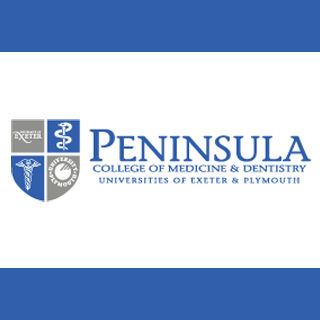
The study supposedly signified little dissimilarity between the results of cardiac rehabilitation in a hospital setting and in the home, with a few encouraging advantages linked to home based cardiac rehabilitation. The study, which incorporated data from 1938 subjects, from numerous countries like UK, USA, Canada, Italy, China, Turkey and Iran discovered that there appears to be no distinction between home based and centre based rehabilitation. And this seems to be true even after considering various aspects counting mortality, cardiac events, exercise capacity, threat issues that may be altered like smoking, high blood pressure, total cholesterol and standard of life in people at a low risk of additional events following myocardial infarction or revascularisation.
The study also appears to have discovered some proof that those who were given and practiced cardiac rehabilitation at home seemed to have more chances to abide by their rehabilitation regime. This may be a significant point, as deprived involvement could be a disadvantage in a few cardiac rehabilitation programmes supplied from centre based settings like hospitals or gyms. The team apparently recognized several causes as to why people did not go to centre based rehabilitation classes counting issues concerning convenience and parking at their local hospital, not wanting to participate in groups or other priorities.
Lead author on the paper, Dr. Hasnain Dalal from the NHS in Cornwall/Peninsula Medical School, commented, “It is vital for patients recovering from cardiac illness to stick to a cardiac rehabilitation programme if they are to recover and prevent any future problems. Our research shows that not only does cardiac rehabilitation at home carry all the benefits of cardiac rehabilitation in a centre based setting and for the same cost (in fact, slightly cheaper) to health services, it also appears to encourage patients to more fully participate in their rehabilitation programme. Our results show clear positive outcomes from home based cardiac rehabilitation. It is easier for patients to access and in the UK has an established evidence based manual for health services to provide. Patients can now have a choice, which means that more patients can reap the ultimate benefits of rehabilitation. It may even have a positive impact on CO2 emissions, as fewer patients travel for cardiac rehabilitation to hospitals.â€
The study team discovered that these issues may be conquered by home based programmes and at a comparable expenditure to health care services as centre based rehabilitation. National guidelines counting NICE seems to suggest that cardiac rehabilitation ought to be provided to people following a heart attack or coronary artery bypass surgery so as to support recuperation and avert more cardiac illness.
Apparently, it appears to enhance physical health and reduce ensuing morbidity and mortality in patients suffering from coronary heart disease. Cardiac rehabilitation programmes usually comprise of exercise, educations, behavior change, counseling, support and plans intended to undertake the threat factors connected to cardiovascular disease.
Regrettably, lesser then 40% of people who survive a heart attack in the UK apparently take part in cardiac rehabilitation. This study confirms results from previous studies in UK (Cornwall and Birmingham) and elsewhere that home based cardiac rehabilitation may be as effectual and proficient as centre based rehabilitation in enhancing clinical and health related quality of life outcomes. The option of taking part in a supervised centre based or home based programme ought to mirror the inclination of the individual patient.
The study was published in BMJ Online.
